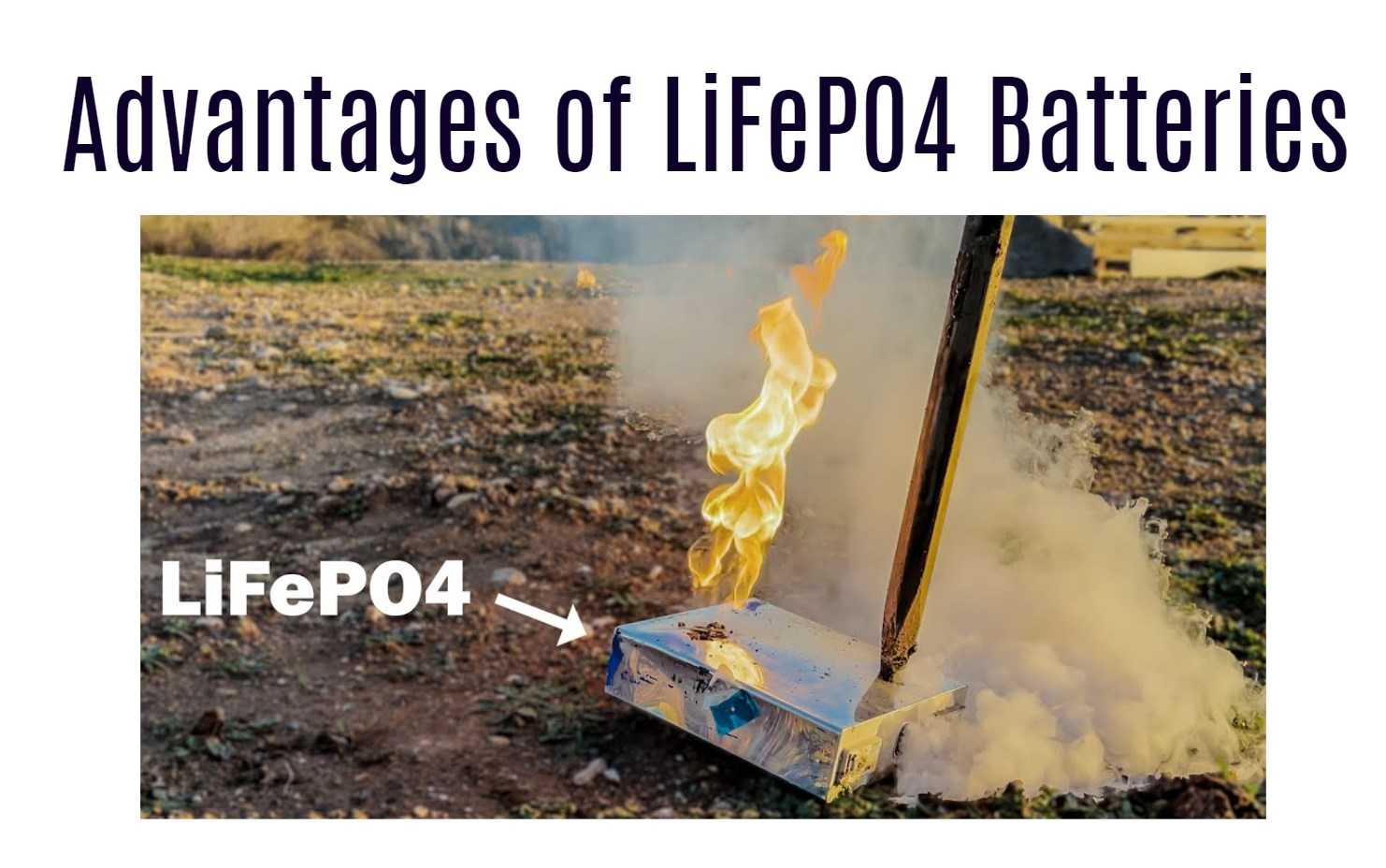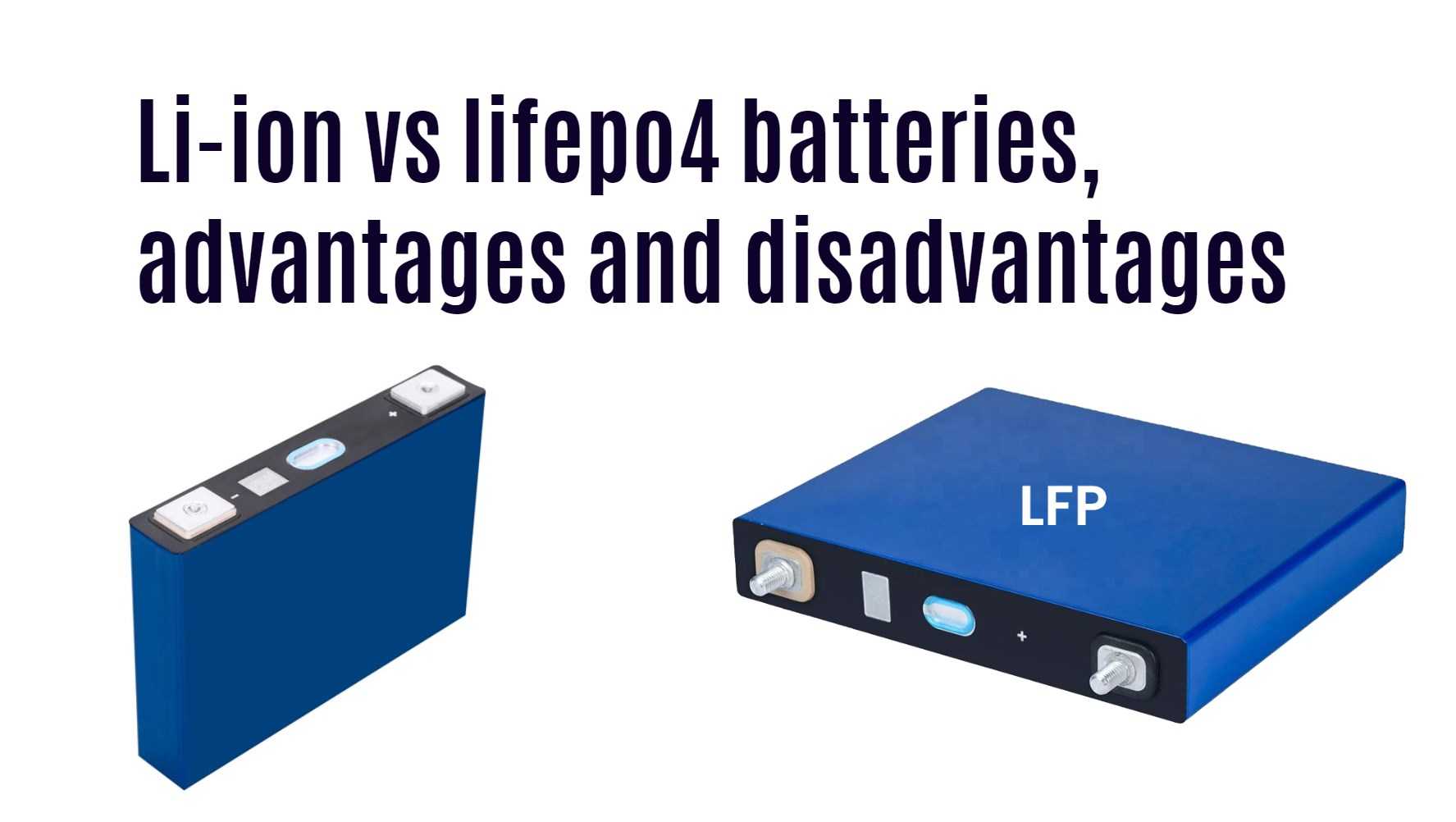When it comes to choosing a battery for your energy storage needs, two popular options are Lithium-ion (Li-ion) and Lithium Iron Phosphate (LiFePO4 or LFP) batteries. Both types of batteries have their advantages and disadvantages, and the choice between them depends on your specific requirements.
Advantages of Lithium-Ion Batteries:
- Higher Energy Density: Lithium-ion batteries have a higher energy density, which means they can store more energy per unit volume or weight. This makes them ideal for use in portable devices like smartphones and laptops.
- Lighter Weight: Lithium-ion batteries are lighter in weight than LiFePO4 batteries, making them more suitable for use in applications where weight is a concern.
- Faster Charging: Lithium-ion batteries can charge faster than LiFePO4 batteries, which is a significant advantage for applications that require frequent charging.
Disadvantages of Lithium-Ion Batteries:
- Safety Concerns: Lithium-ion batteries can be prone to overheating and even catching fire or exploding if they are not manufactured or used correctly.
- Shorter Lifespan: Lithium-ion batteries have a shorter lifespan than LiFePO4 batteries, which means they will need to be replaced more often.
- Higher Cost: Lithium-ion batteries are generally more expensive than LiFePO4 batteries.
Advantages of LiFePO4 Batteries:
- Longer Lifespan: LiFePO4 batteries have a longer lifespan than lithium-ion batteries. They can last up to 10 years or more, depending on the usage and maintenance.
- Higher Safety: LiFePO4 batteries are less prone to overheating and are considered safer than lithium-ion batteries.
- Better Performance in High Temperatures: LiFePO4 batteries can perform better than lithium-ion batteries in high temperatures.

Disadvantages of LiFePO4 Batteries:
- Lower Energy Density: LiFePO4 batteries have a lower energy density than lithium-ion batteries, which means they cannot store as much energy per unit volume or weight.
- Heavier Weight: LiFePO4 batteries are heavier in weight than lithium-ion batteries, which can be a disadvantage in portable applications.
- Slower Charging: LiFePO4 batteries can take longer to charge than lithium-ion batteries, which may be a disadvantage in applications that require frequent charging.
When choosing between Li-ion and LiFePO4 batteries, it’s important to consider your specific needs and requirements. If safety and lifespan are critical factors, LiFePO4 batteries may be the better choice. However, if energy density and fast charging are more important, lithium-ion batteries may be the better option.
Redway is a custom LiFePO4 battery module manufacturer that offers a range of high-quality battery solutions. Whether you need a battery for residential or commercial energy storage, Redway can provide a customized solution to meet your needs. Contact them today to learn more about their products and services.




